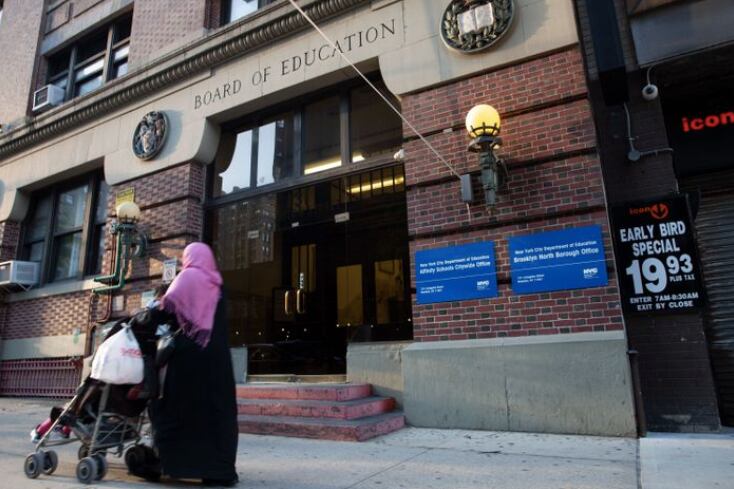New York City’s special education complaint system will soon get a new set of eyes: a court-ordered monitor.
A federal judge on Thursday approved what’s known as a “special master” to ensure that the city quickly complies with legal orders to provide special education services after parents win them through an administrative hearing process.
The yet-to-be appointed special master will specifically focus on the city’s compliance with a longstanding legal settlement from 2007 requiring the education department to provide services or payments to families within 35 days of receiving a hearing officer’s order. Because the city consistently failed to comply, the nonprofit group Advocates for Children requested an independent monitor in 2019.
“Students have gone months, if not years, without ordered services,” said Rebecca Shore, litigation director at Advocates for Children. “Our hope is that this will make a difference.”
When a family believes their child is not getting special education services they’re entitled to — if a student is not receiving a therapy listed on their individual learning plan, for instance — they have a right to file a complaint that launches an administrative legal process overseen by a hearing officer.
But the city regularly fails to implement the hearing officer’s decision within the required 35-day window. Between October 2017 and January 2018 the education department blew the deadline more than 30% of the time, according to court documents.
The city’s performance worsened significantly since then. From October 2018 to January 2019 the city did not comply with the deadline roughly 80% of the time, the worst rate in 13 years, court records show.
The judge’s decision is expected to add another layer of oversight to the special education complaint system at a critical moment, as many parents have said they are not receiving crucial services during the coronavirus pandemic. A separate federal lawsuit, also filed by Advocates for Children, calls on the city to come up with a plan for students with disabilities who lost out on services so they don’t have to go through the complaint system, which can be costly, time-consuming, and confusing to navigate.
The exact scope of the special master’s duties and the timing of their appointment has yet to be determined, according to the court order.
“Our goal is to have the special master review the processes that are currently in place within the DOE for implementing orders, identify where processes can be improved, and make recommendations to the court on the improvement toward those processes,” Shore said.
The number of special education complaints in New York City has more than doubled in recent years, straining the system. Nearly 11,000 cases were filed last school year alone and took an average of 259 days to resolve, well beyond the 75-day legal deadline.
Education department officials said the increase in cases was having an effect on their ability to comply with orders.
“We’re committed to improving processes to efficiently keep up with the increasing number of orders, and we’ve added staff and made key enhancements, despite fiscal constraints,” education department spokesperson Danielle Filson wrote in a statement. “We posted consistently high compliance rates for more than five years before the exponential increase in orders, and we look forward to working with the special master to make improvements and return to higher rates of compliance.”






